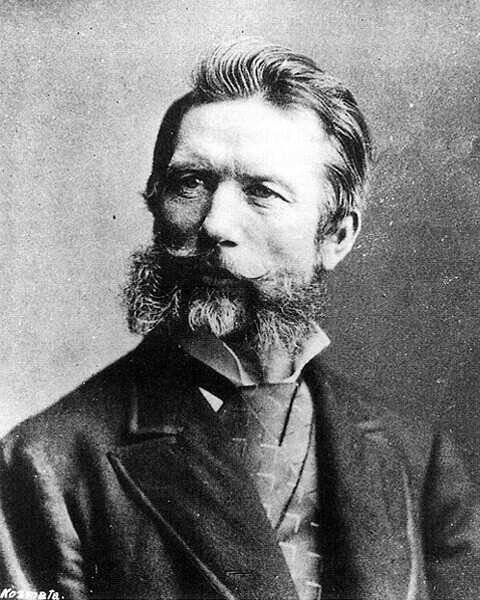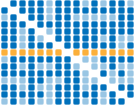Vajda János oldala, Angol életrajz
Életrajz
[Magyar] [Angol]
Born May 7, 1827 in Pest; died January 17, 1897 in Pest. Poet, publicist. Father a chief forester. Completed schooling in Székesfehérvár and Pest, where he lived or a time with Péter Vajda (q.v.). His first poems were published in Életképek in 1844. Became actor in Hungarian traveling company in 1845-1846. Made abortive attempt as tutor, then became apprentice farm manage . Moved to Pest from Alcsut in 1847 to become official in Agricultural Association. Became member of Pilvax Group of Writers, including Sándor Petőfi and Mór Jókai (qq.v.). Participated as youth leader during events of March 1848. Served as soldier in Padua in 1850, then worked in cadastral office in Kiskunhalas and in Buda. In 1853 decided to earn living solely by writing. Became staff member of Magyar Sajtó in 1855, its managing editor in 1863. Founded Nővilág in 1857; edited it till 1863. Also edited Csatár 1861-1862. In 1857 fell in love with Zsuzsi (Georgina) Kratochwill, "Gina" of his poems, who did not return affection. Became member of Kisfaludy-Társaság in 1870. Married Róza Bartos, "Rozamunda" of his poems, in 1880; divorced in 1881. Saw "Gina" in Vienna in 1882; for last time in 1892. Wrote most powerful and individual poetry in the period after Revolution. Sought to enlarge horizon of Hungarian poetry to equal that of Europe. Diction and tone represented break with traditions of both Petőfi and János Arany and made him predecessor of Endre Ady (qq.v.). Epic poetry, novels in verse, and stories were not as important as lyrical and satirical poetry. Poems were highly subjective and based on self-love and hatred of world about him. Sense of personal desolation recurring theme, but believed life to be most valuable experience available to man.
An edition of his poems is available in German, and some of his poems have been translated into Bulgarian, English, French, German, Italian, Japanese, Rumanian, Russian, Slovakian, and Swedish.
Hungarian Authors. A Bibliographical Handbook by Albert Tezla




